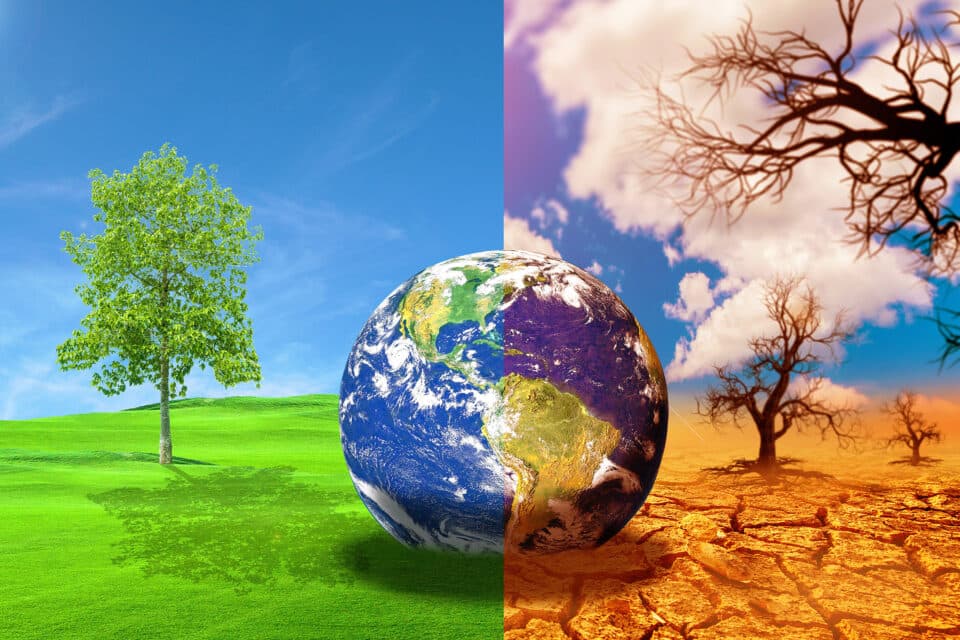The UN Climate Report: A Wake-up Call for Global Action
The UN climate report has become a pivotal document in understanding the current state of our planet’s climate. Released periodically by the United Nations, this report provides critical insights into the challenges of global warming, environmental degradation, and the urgency required to mitigate these effects. The information presented in the UN climate report is not just scientific data; it is a reflection of the future we are heading towards if immediate action is not taken to curb the impact of climate change.
What the UN Climate Report Tells Us About Climate Change
The UN climate report consistently paints a grim picture of the world’s future if global warming continues at the current rate. One of the most alarming findings is the rising global temperatures. According to the latest UN climate report, global temperatures are expected to rise by 1.5°C above pre-industrial levels within the next few decades https://rarecareer.com. This may seem like a small increase, but even a modest rise in global temperature can lead to catastrophic consequences, including more frequent heatwaves, severe storms, rising sea levels, and loss of biodiversity.
The report emphasizes that human activities, particularly the burning of fossil fuels, are the primary drivers of climate change. The burning of coal, oil, and gas releases greenhouse gases like carbon dioxide into the atmosphere, trapping heat and leading to global warming. The UN climate report calls for an urgent reduction in these emissions to avoid crossing dangerous thresholds that could lead to irreversible damage to ecosystems and societies.
The Impact of Climate Change on Ecosystems
Another key theme in the UN climate report is the devastating impact climate change is having on ecosystems. Rising temperatures and shifting weather patterns are disrupting ecosystems across the globe, putting species at risk of extinction. The report highlights that coral reefs, in particular, are under severe threat due to warming ocean temperatures. Coral bleaching events have become more frequent, and the loss of coral reefs is not only detrimental to marine life but also to the livelihoods of millions of people who depend on these ecosystems for food and income.
In addition to coral reefs, other ecosystems like forests, wetlands, and polar regions are also experiencing significant changes. The UN climate report stresses that these ecosystems are vital for maintaining biodiversity and providing essential services such as carbon storage, clean water, and soil fertility. The destruction of these habitats due to climate change could lead to a cascade of negative effects, making it even harder to mitigate the impacts of global warming.
Climate Change and Human Populations
The UN climate report also explores how climate change is directly affecting human populations, especially the most vulnerable communities. Extreme weather events, such as floods, droughts, and hurricanes, are becoming more frequent and severe. These events not only cause loss of life and property but also disrupt agriculture, leading to food insecurity and economic instability. The report warns that climate change could exacerbate poverty and inequality, with low-income communities and developing nations bearing the brunt of the impact.
Moreover, the UN climate report highlights the potential for climate change to displace millions of people, creating climate refugees. Rising sea levels and extreme weather events could force entire communities to abandon their homes, leading to mass migrations and potential conflicts over resources. The report stresses that governments and international organizations must take proactive measures to support affected populations and ensure their safety and well-being.
The Path to Mitigating Climate Change
The UN climate report outlines several strategies for mitigating the effects of climate change and reducing global warming. Central to these efforts is the need for immediate and sustained reductions in greenhouse gas emissions. This includes transitioning to renewable energy sources such as wind, solar, and hydroelectric power, as well as improving energy efficiency across industries and sectors.
In addition to reducing emissions, the UN climate report calls for greater investment in adaptation measures to help communities cope with the unavoidable impacts of climate change. This includes strengthening infrastructure, protecting vulnerable ecosystems, and implementing policies to safeguard food and water security. The report also emphasizes the importance of international cooperation, as climate change is a global issue that requires collective action from all nations.
Conclusion: The Urgency of the UN Climate Report’s Message
In conclusion, the UN climate report serves as a wake-up call to governments, businesses, and individuals worldwide. The science is clear: if we do not take immediate and decisive action to address climate change, we risk irreversible damage to our planet and its ecosystems. The UN climate report highlights the urgency of reducing emissions, protecting vulnerable communities, and investing in sustainable solutions.








